
Shankar Koirala, a Nepalese living in Shanghai, helps disinfect a delivery package at a community in the city's Xuhui district on Friday. The 29-year-old has been a volunteer for the community's delivery services for two weeks. (Photo: China Daily/Zhu Xingxin)
Shanghai authorities will improve care for homeless people facing difficulties during the latest COVID-19 outbreak and cooperate with social assistance agencies to keep them safe, officials said at a news briefing on Friday.
According to Jiang Rui, director of Shanghai Civil Affairs Bureau, the homeless people include travelers who do not have a place to reside due to hotel closures, those who used to live in workplaces like construction sites that have been closed due to prevention and control measures, and job seekers who are not willing to leave the city.
"We will reinforce efforts to locate these people in need of help and arrange for them to take nucleic acid and antigen tests. The environments they've been to will be disinfected. Those who test positive for the COVID-19 will be transferred to quarantine sites as needed," said Jiang.
"We'll also help people in need secure jobs in the city. For people not included in the situations above, local governments will provide them with daily necessities and house them in temporary relocation sites," she added.
Shanghai, with the majority of its neighborhoods still under lockdown, reported 23,072 new locally transmitted infections on Thursday, 3,200 of which are symptomatic cases.
Vice-Premier Sun Chunlan said on Friday that Shanghai is expected to cut off COVID-19 transmission in communities very soon after nearly 50,000 medical workers have come to Shanghai's aid.
According to Peng Chenlei, the city's vice-mayor, the city had received 337 million yuan ($52.9 million) in donations from the society as of April 11, with 316 million yuan already utilized.
Among the donors is Shanghai Charity Foundation, which gave 116 million yuan, 86 million yuan of which has been spent on supplies for prevention and control.
"The city government will further support and motivate charities and nongovernmental public welfare organizations to carry out fundraising," Peng said.
The municipal government has also bolstered management, improved environmental disinfection and increased vaccination rates at local nursing homes to minimize senior citizens' exposure risk.
Visits at nursing homes have been suspended since March 1 and these facilities have also been operating under closed-loop management since March 10. No private exchanges of goods between people at nursing homes and those outside are allowed. Package deliveries must go through disinfection as well, Peng said.
Staff members from nursing homes are required to take nucleic acid tests every two days and the elderly living there twice a week, he said. The seniors are encouraged to get vaccinated if their health conditions allow for it. Unvaccinated staff members will not be allowed to work on front lines.
"To relieve their loneliness and anxiety, activities are regularly held at nursing homes. The staff also facilitate video calls with family members. Videos documenting life in the nursing homes are also sent to their relatives as well," Peng added.










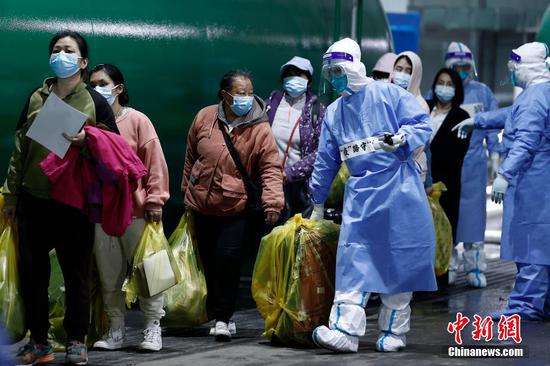
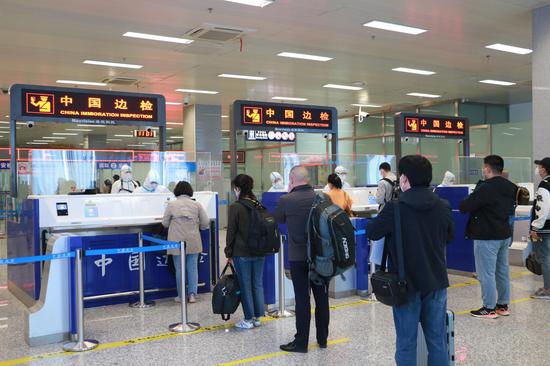
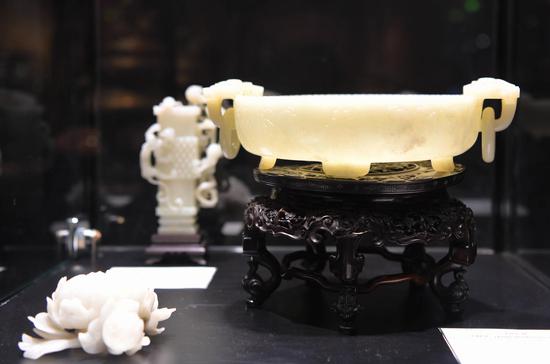
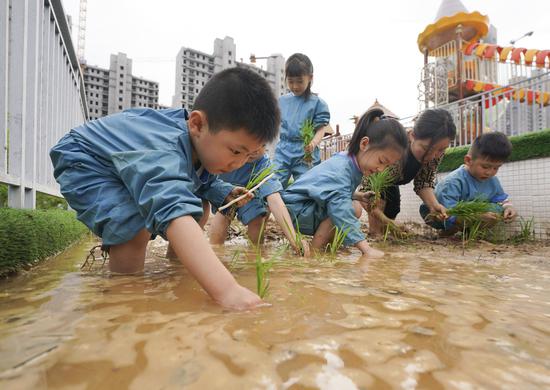

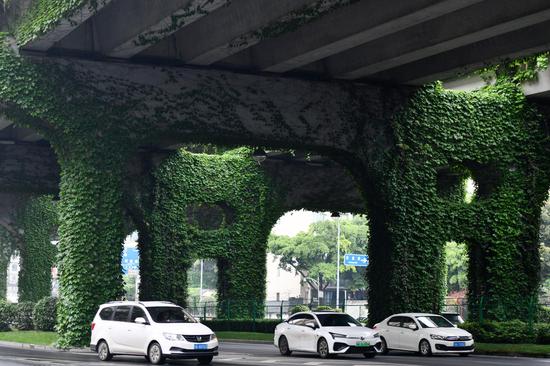



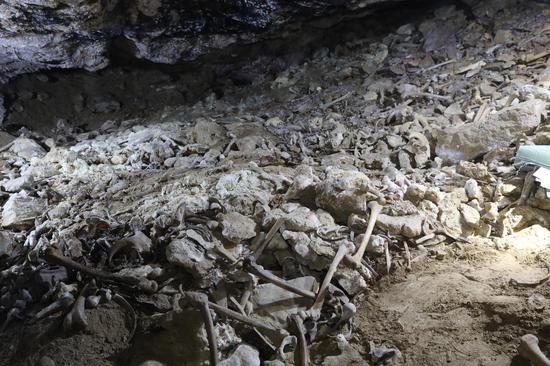

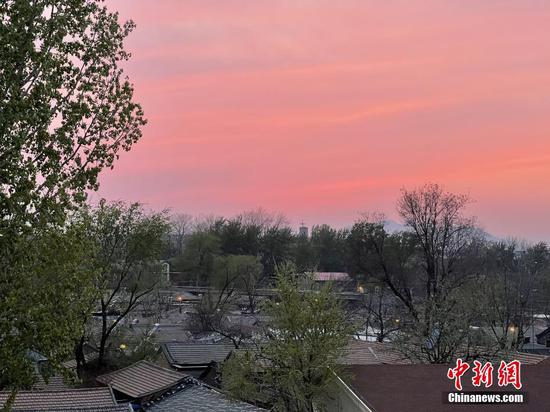
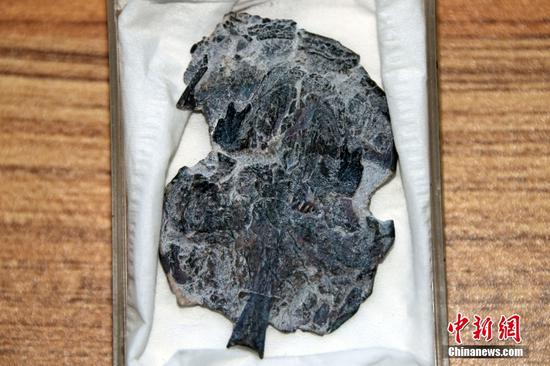
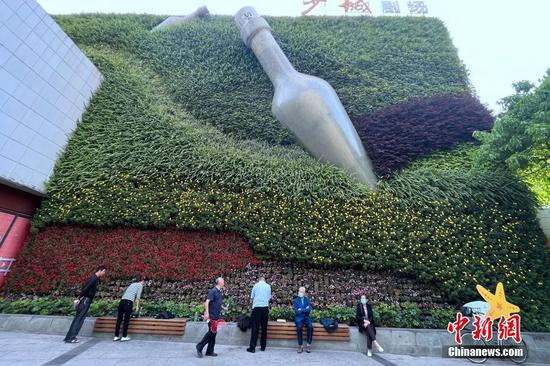
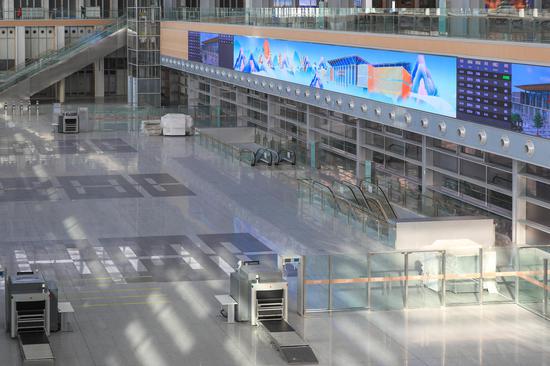
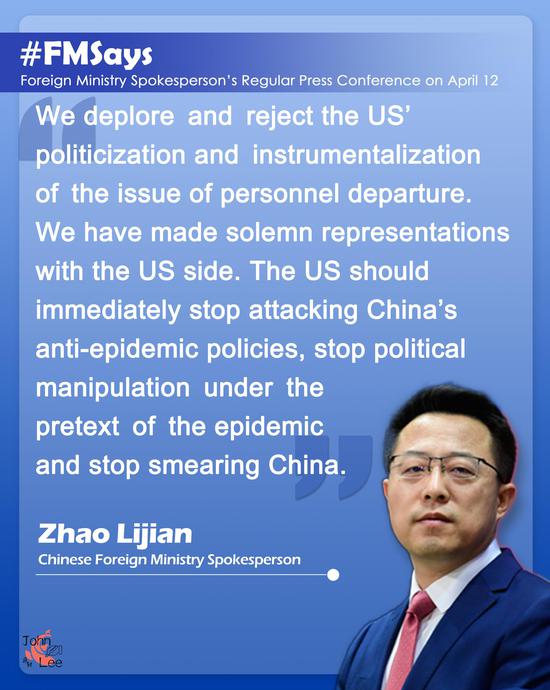

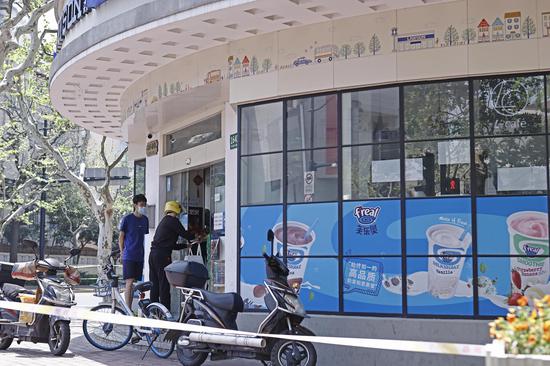


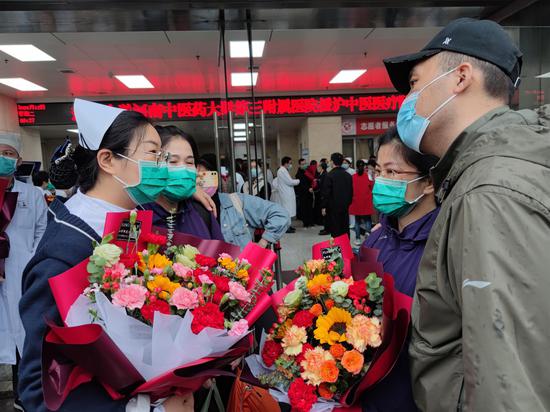
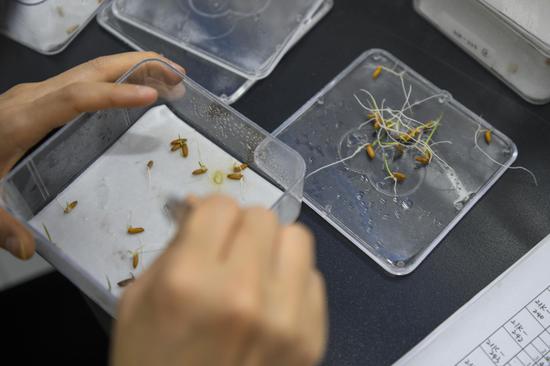


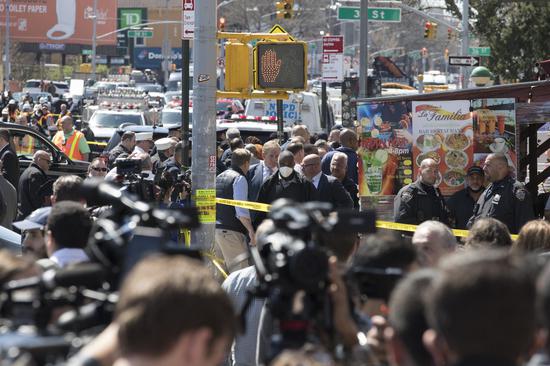
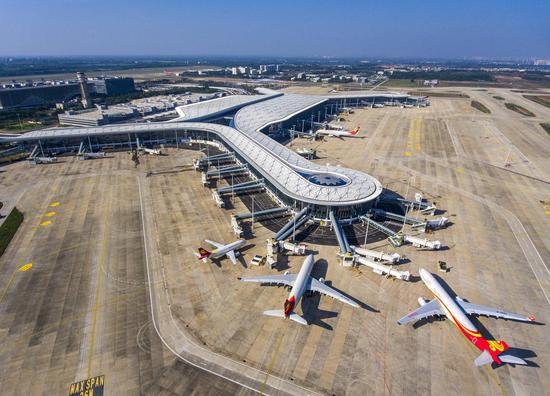

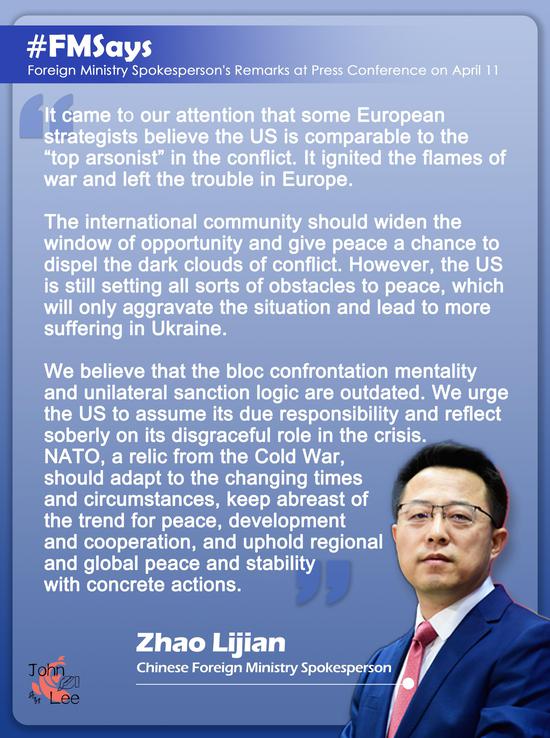

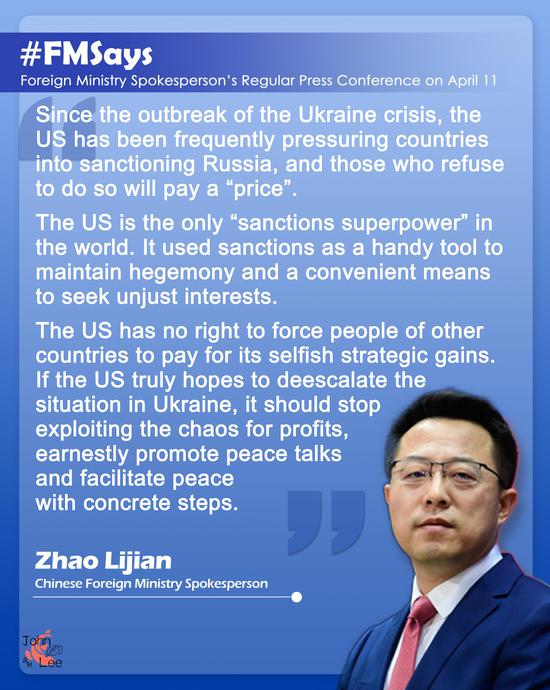
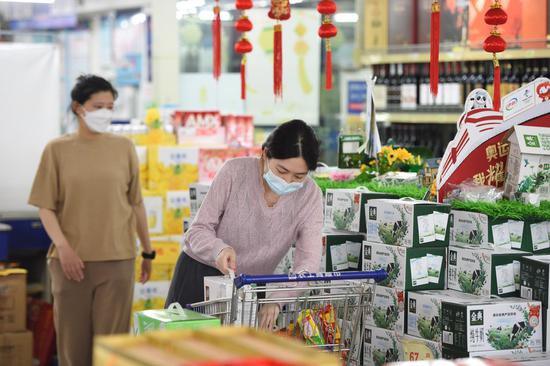
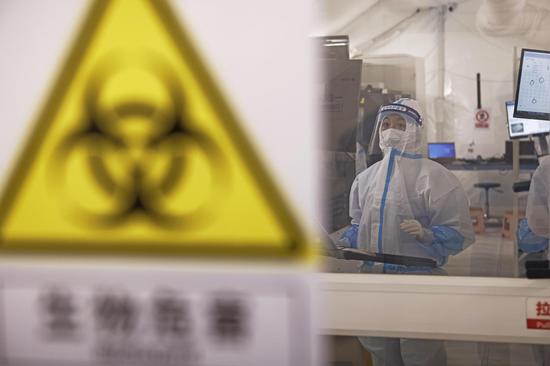

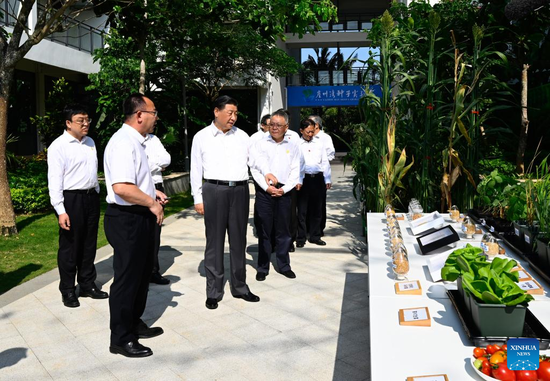






 京公网安备 11010202009201号
京公网安备 11010202009201号